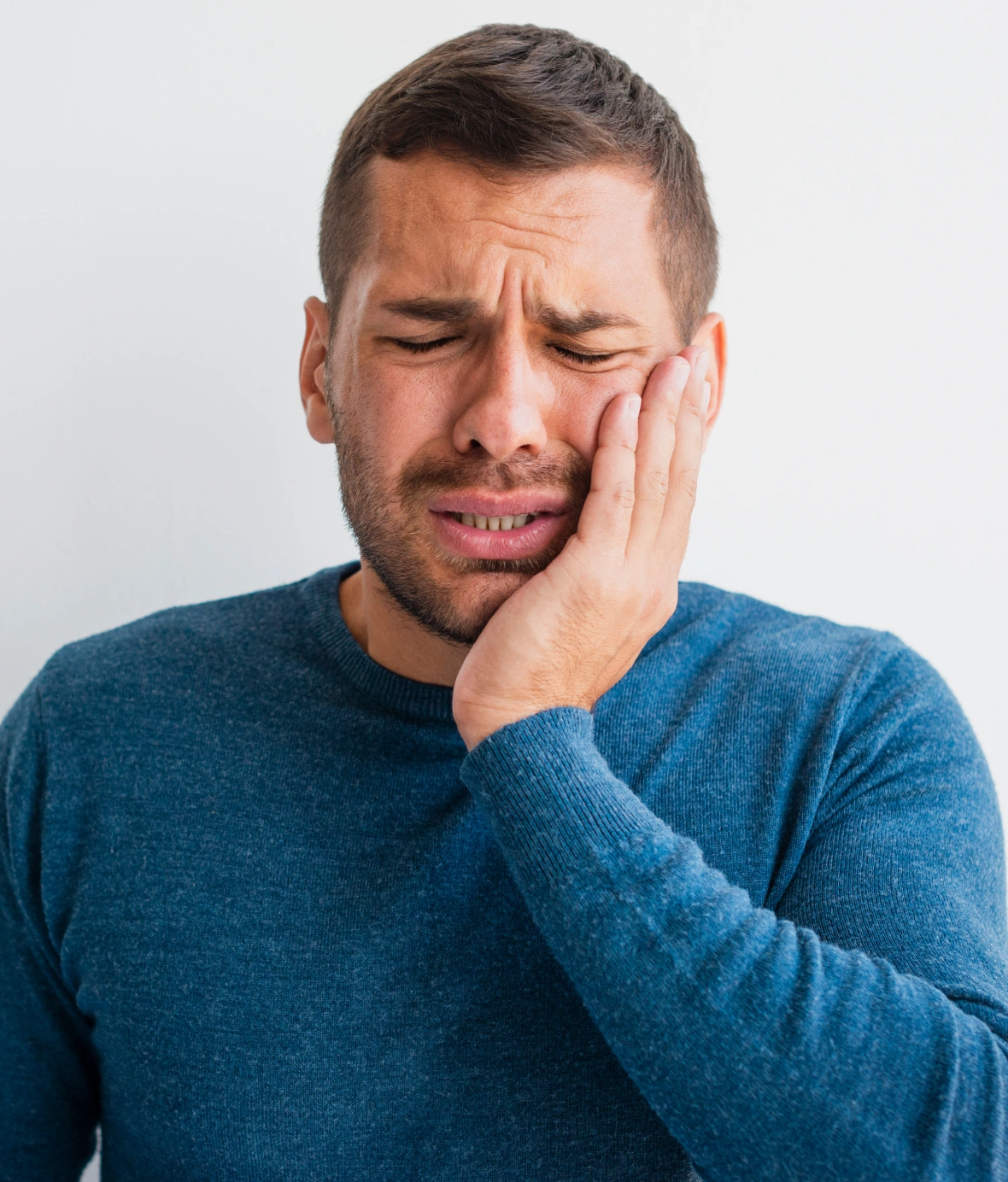Best TMJ Pain Treatment in Gurugram

TMJ (temporomandibular joint) pain can significantly impact daily activities like eating, speaking, and yawning. It often results from jaw misalignment, teeth grinding (bruxism), stress, muscle tension, or an injury, leading to jaw stiffness, clicking sounds, and restricted movement. In some cases, TMJ dysfunction may also cause headaches, facial pain, ear discomfort, and neck stiffness, making routine tasks challenging.
Several factors contribute to TMJ disorders, including poor posture, prolonged jaw clenching, arthritis, or dental issues. The pain can vary from mild discomfort to severe, chronic symptoms that interfere with normal function. Left untreated, it can lead to joint inflammation, muscle tightness, and long-term mobility restrictions in the jaw.
At Painflame, a comprehensive approach is used to relieve TMJ pain through chiropractic care, physiotherapy, manual therapy, and posture correction. These therapies aim to restore jaw alignment, reduce muscle tension, and improve joint function, promoting long-term relief without relying on medications.
Common Causes of TMJ Pain
Jaw Misalignment
Improper alignment of the jaw joint can cause uneven pressure, leading to discomfort, stiffness, and difficulty opening or closing the mouth.
Teeth Grinding (Bruxism)
Grinding or clenching teeth—often due to stress or sleep disorders—puts excessive strain on the TMJ and jaw muscles, causing pain and tightness.
Jaw Injury
A direct injury to the jaw from an accident, fall, or excessive chewing can result in TMJ dysfunction, leading to long-term discomfort and restricted movement.
Poor Posture & Neck Strain
Slouching or keeping the head forward for extended periods (e.g., while using a phone or computer) can cause muscle imbalances, leading to TMJ pain.
Signs You Need TMJ Pain Treatment
While occasional jaw discomfort is normal, persistent or worsening TMJ pain requires professional care. Ignoring the symptoms can lead to chronic jaw issues, facial pain, and headaches.
Common Symptoms of TMJ Pain
- Jaw pain or tenderness, especially when chewing or speaking
- Clicking, popping, or grinding sounds in the jaw joint
- Difficulty opening or closing the mouth fully
- Headaches, earaches, or facial pain
Severe Symptoms That Need Urgent Attention
- Jaw locking or inability to move the jaw properly
- Severe pain that spreads to the neck and shoulders
- Unexplained dizziness or ringing in the ears (Tinnitus)


Effective TMJ Pain Treatment at Painflame
At Painflame, we take a non-surgical, holistic approach to treating TMJ disorder, helping patients find lasting relief without medication. Our treatment is focused on jaw alignment, muscle relaxation, and improving posture to eliminate pain at its source.
Our TMJ Treatment Methods
- Chiropractic Adjustments – Corrects jaw misalignment and relieves pressure on the TMJ.
- Physiotherapy & Manual Therapy – Strengthens jaw muscles and improves mobility.
- Posture Correction & Neck Alignment – Prevents muscle strain that worsens TMJ dysfunction.
- Stress Management Techniques – Reduces jaw clenching caused by anxiety and tension.
- Pain Management Therapy – Uses drug-free techniques for long-term relief.
Our TMJ specialists in Gurugram create customized treatment plans based on your symptoms, ensuring safe and effective recovery. Book a consultation today to start your journey toward a pain-free life!
How to Prevent TMJ Pain – Expert Tips for Jaw Health
Preventing TMJ pain involves maintaining good posture, reducing stress, and avoiding habits that strain the jaw. By making simple lifestyle changes, you can lower the risk of chronic TMJ discomfort.
Tips for a Healthy Jaw
Practice Good Posture
Keep your neck aligned and avoid slouching to prevent jaw strain.
Avoid Hard or Chewy Foods
Reduce stress on the TMJ by eating soft foods when experiencing jaw pain.
Manage Stress & Relax Jaw Muscles
Try jaw relaxation exercises, deep breathing, or massage therapy.
Use Hot & Cold Therapy
Applying heat or ice packs can reduce jaw inflammation and muscle tension.

Frequently Asked Questions
What are the main causes of TMJ pain?
TMJ pain is often caused by jaw misalignment, teeth grinding (bruxism), stress, poor posture, or injury. It can also be linked to arthritis or excessive jaw tension.
When should I see a specialist for TMJ pain?
If you have persistent jaw pain, clicking sounds, difficulty chewing, or jaw locking, you should seek TMJ pain treatment in Gurugram to prevent worsening symptoms.
Can TMJ pain be treated without surgery?
Yes! Chiropractic care, physiotherapy, and posture correction can relieve TMJ pain naturally. Surgery is only recommended in severe cases where non-surgical treatments fail.
How long does it take to recover from TMJ pain?
Recovery depends on the severity of the condition. With consistent treatment, most patients experience significant relief within a few weeks.
How can I prevent TMJ pain from returning?
Maintain good posture, avoid excessive chewing, manage stress, and do jaw exercises to keep your TMJ healthy. If you grind your teeth, consider using a mouthguard.

